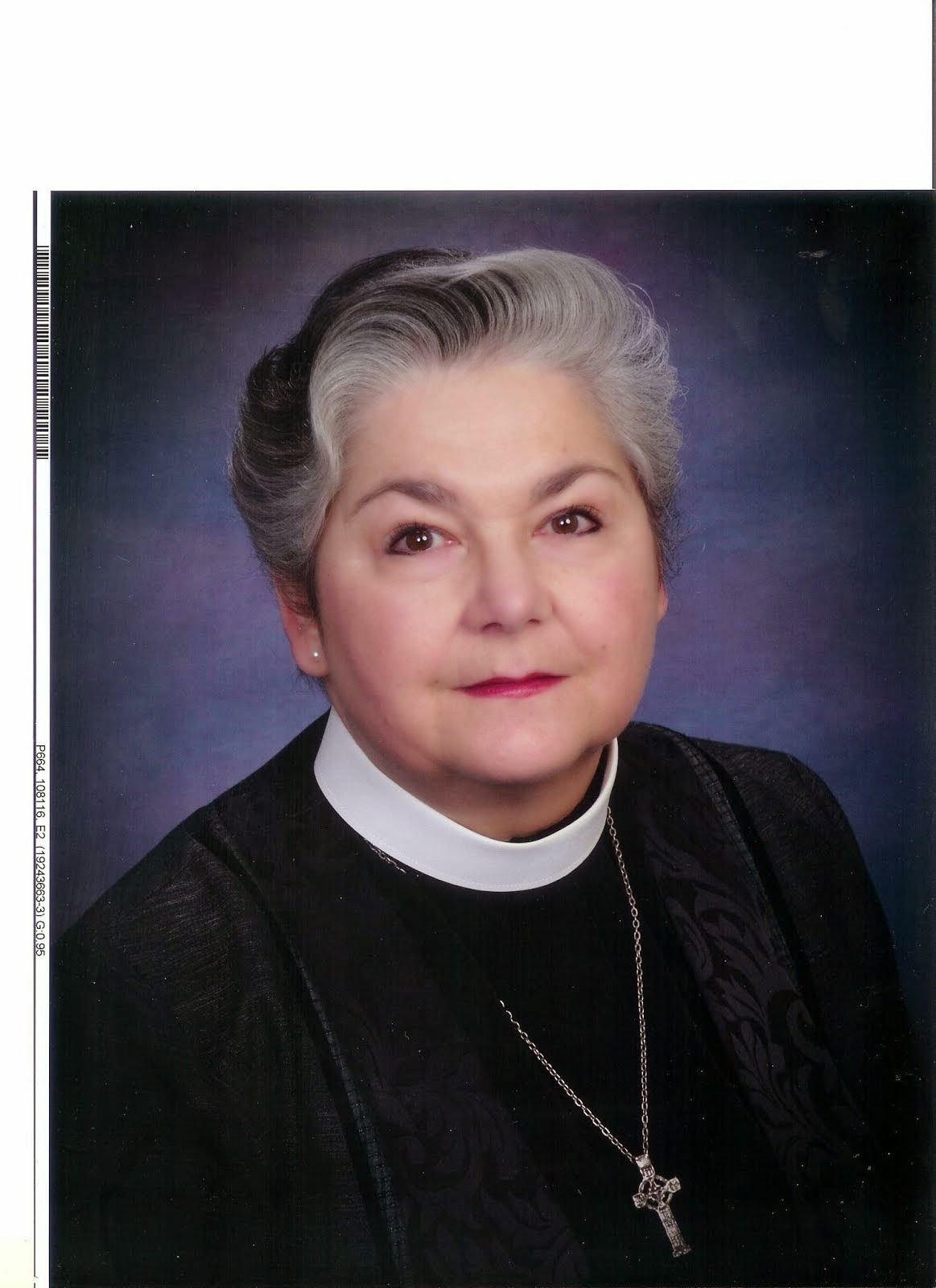Thanksgiving coming up has gotten me thinking about my Aunt Edna. She was a formidable lady, tall, Irish, red haired, with a Roman nose that entered the room a minute before the rest of her. She was very big on rules. She had rules for everything. How you set the table (the knife blade is turned in toward the dinner plate), appropriate topics for dinner table conversation (not politics or religion, and most definitely not the naughty bits), the appropriate way to kneel in church (don’t rest your hindquarters on the pew, kneel up STRAIGHT!), what kind of potatoes made the best mashed potatoes for fancy dinners (russets). It was an endless list, and as a result, going to dinner at Aunt Edna’s was more than a little intimidating for us children.
The rules for children were equally daunting there. One couldn’t refuse a food one found distasteful – creamed onions were my Waterloo on more than one occasion – and one could not leave the table while adults were conversing about something incomprehensible. My Brennan cousins had figured out the best solution to the last problem. They picked a fight with each other, and one threw a tantrum, and the result was that they got dismissed to another room for a time out. They escaped, and could be silly and look at books or play with toys while those of us who were trying (under pain of death from our parents) to behave were stuck at the table while the discussion of the topic of the day droned on.
It made for some very exhausting holiday dinners. The problem was compounded by the fact that Aunt Edna wasn’t a very good cook: the turkey might be cooked to Saharan dryness or worse, still bloody at the joints. The potatoes, unlike the silken clouds at my mother’s table, were lumpy. And worst of all, she served cranberry sauce that had whole cranberries, not the smooth lovely cranberry jelly out of the Ocean Spray can that we children adored.
Rules. Painful, difficult rules. And I often wondered why she was so deeply and passionately invested in those rules. Did she like the feeling of control that they gave her? Did she feel that she was carrying on traditions that she had been taught as a young girl? Where did her rules come from, and why did they matter so much, at least to her? I still don’t know.
Aunt Edna wasn’t the only one with rules. I faced a thousand rules a day, it seemed, when I was in school. You stood up when the teacher came into the room. You didn’t sit with your legs crossed at the knees, you crossed them at the ankles. Your clothes were neat, your homework was complete, and your lunch was whatever Mom packed for you and you had best not complain about it, Missy!
If I thought the rules would abate when I was older, I was mistaken. Rules continued, and continue to shape my life.
Driving is a prime example. I register my car, I drive within the speed limit (mostly), I have insurance, I don’t turn right on red except where it is allowed. I don’t pass on the right. I don’t tailgate.
In a word, I behave. I follow the rules of the road.
I presume the rules will help keep me safe, to keep others on the road safe, and I adhere to them. I also don’t like to pay traffic tickets, so I behave.
This understanding of rules is the norm in our society.
So what about the rules that the writer of Deuteronomy was outlining in our reading this evening? This talk of offering the first fruits of the bounty of the place the people of Israel now were to inhabit to the God who had brought them there?
Why are the people asked to do this? Is it simply a God of power and might exerting control over the people by demanding food which God clearly does not need? Is it a throwback to an earlier form of worship from a pre-Abrahamic tradition? Is it some sort of symbolic dance of give and take with the Divine One?
The Book of Deuteronomy is the fifth book in the Hebrew Bible, the last book of Torah, and restates the long lists of laws found in the earlier books. The passage that we read today is in Moses’ Second Sermon to the people of Israel before he passes the responsibility for them to Joshua; it is part of what is called the Deuteronomic Code, the rules of the road for God’s people once they get to Canaan, the Promised Land. The earlier books have laid out rules of the road for their years of wandering in the desert after the escape from Egypt, and now the rules are reshaped for a different existence, one in a place full of milk and honey and bounty. Now they will live in a world that is entirely different than the one they have traversed for the last forty years. The original rules were about survival in the harshest of places. These rules are about retaining their faith and their relationship with their God in a place that is full of all the distractions that can lure them from the God who has given them all.
Distractions that can lure them from the God who has given them all.
Sound familiar?
Are we not regularly distracted from the God who has given us all? Doesn’t it become easy to forget from whence all that we have has come? We think it is about us, about our hard work, about our talents and wit and tenacity. Some of the bounty that we have comes from that, but even our ability, our talents, our tenacity, our wit…where does that come from? It comes from the most loving and gracious Creator. All of it. From God.
And the instruction that Moses gives God’s people, the offering of the first fruits of the bounty that they will harvest in that beautiful promised land, is not about what God needs. It is, once again, about what we, God’s people, need. We do it not because God is hungry, or wants to prove his power. God instructs that we do it because we need to remember, once again, where that bounty comes from. If we do not remember, the relationship with God founders.
The relationship founders, and we are lost without it. God loves us too much to let that happen. And thus we have this instruction.
These rules are not punitive, like Aunt Edna’s, or like the Virginia Code about driving safely. These rules are, once again, a gift of love, to keep us reminded of our love and relationship with the One who loves us so dearly.
That relationship creates the framework for all our relationships, our beloved ones who are family and friends. So we look forward to Thursday, to gathering with family, to enjoying the bounty of our table, to laughter and love and football games and a full belly and a full heart. That is all gift, just one of the wealth of gifts our God has given us.
But before we thank the cook, before we compliment the delicious gravy and the awesome pumpkin pie, before we pass the biscuits, we have something to do.
We offer the first fruits of our heart to God.
We say thank you to the one who is responsible for the good things we enjoy. We promise to share those good things with God by sharing them with God’s people, especially those whose tables are less bountifully blessed. And we do it because we remember that God has delivered us from an Egypt of sadness and lack, from a desert of loneliness and poverty. We must follow the rule that God has given through Moses. We give, because we have been given. We love, because we have been loved. We rejoice, because we cannot NOT rejoice. And we give thanks, today and Thursday and every day, because our thanks are the first fruits of our heart.
Thanks be to God!
Amen.







No comments:
Post a Comment